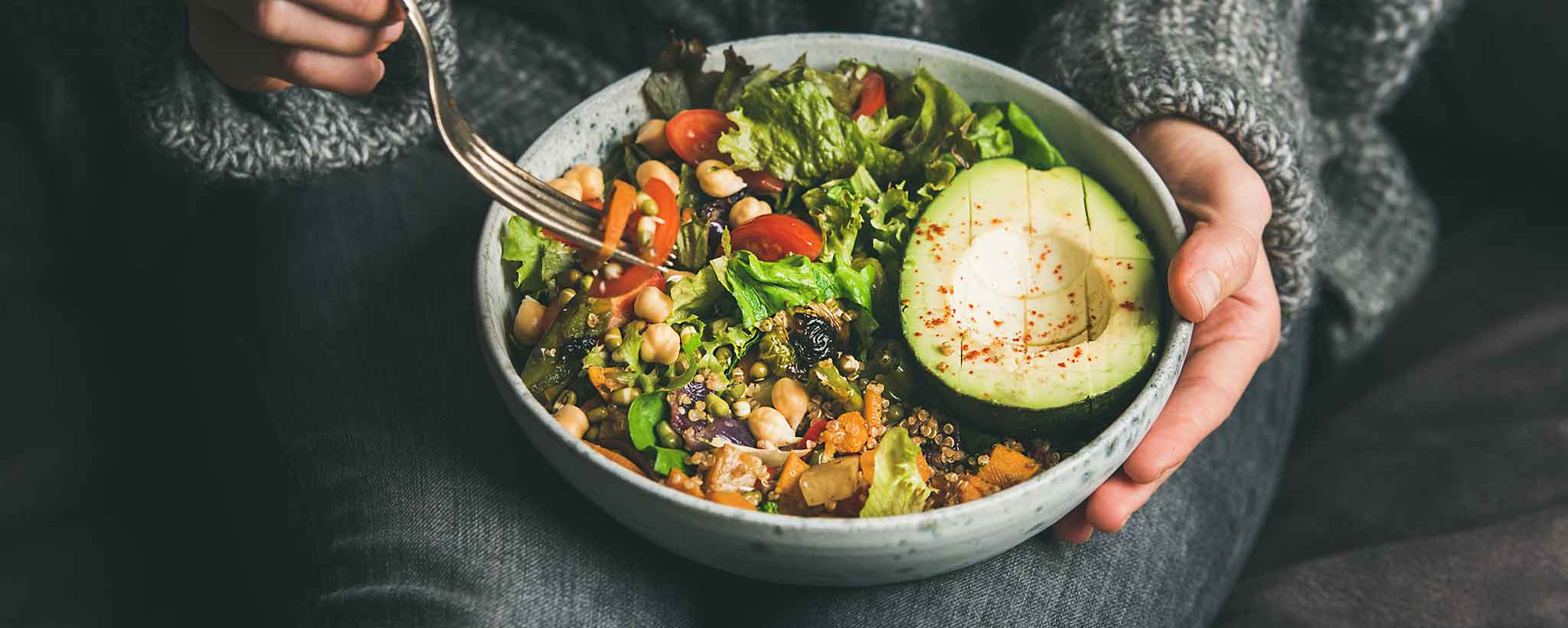- All
- Addictions
- Body image
- Cardiology
- Chiropractor
- Cosmetology
- Dermatology
- Doctors
- Education
- Emotions
- Endocrinology
- Fitness
- Immunology
- Individual
- Internist
- Marketing
- Mental health
- Nephrology
- Neurology
- Nutrition
- Ob-gyn
- Oncology
- Orthopedics
- Physiotherapy
- Podiatry
- Popular
- Pulmonology
- Rheumatology
- Scholarly
- Urology
- Vision
- Woman

Which NutriBullet is best? Without a proper blender, we might settle on high-calorie ice cream with protein powder.

A Little Monsanto in All of Us
Genetically modified organisms are in our refrigerators, on our shelves, and likely in our digestive systems right now.

Several factors determine whether your smoothies are satisfying and healthy. Cut through the misinformation and learn what science reveals.


Chronic Pain Complicated By Gastritis
To rule out severe gastritis complications, it is best to consult a physician when home remedies are ineffective.

Science does not support the notion of remarkable weight loss through typical waste elimination. Compare current methods to treat morbid obesity.


Should Everyone Eat Same Portion Size?
Differences in meal frequency, food type, plate clearing or compensation at subsequent meals, may explain increasing obesity.

What seems like a simple question baffles many people with low vitamin D, and the doctors who treat them.

Many fish oil products are rancid before consumers get them home. Weigh risks and benefits of fish oil supplements.

One problem with fad diets is the imbalance of nutrition. I’m losing more than a pound per week without dieting. Find out how.

Why Pancreatic Cancer Symptoms Are Easy To Miss
Pancreatic adenocarcinoma cancer has a one-year relative survival rate of 20 percent. Pancreatic neuroendocrine five-year survival rate is about 60 percent.

When doctors look at your hands, they may see more than what you care to admit. The seemingly insignificant white crescent shape on your fingernails has an important function.

Should You Worry About Colorectal Polyps?
Ninety percent of colorectal polyps occur after age 50. Nearly all colon cancers develop from polyps, but polyps grow slowly. Some are more prone to being cancerous than others.

Eat Healthy From the Inside Out
Unfortunately, what we put into our bodies is not always motivated by healthy logic. If that were the case, there would be no ice cream parlors or candy shops.
Featured authors and reviewers
This information does not constitute professional medical care or legal advice. Discuss personal concerns with your doctor or legal advisor.

